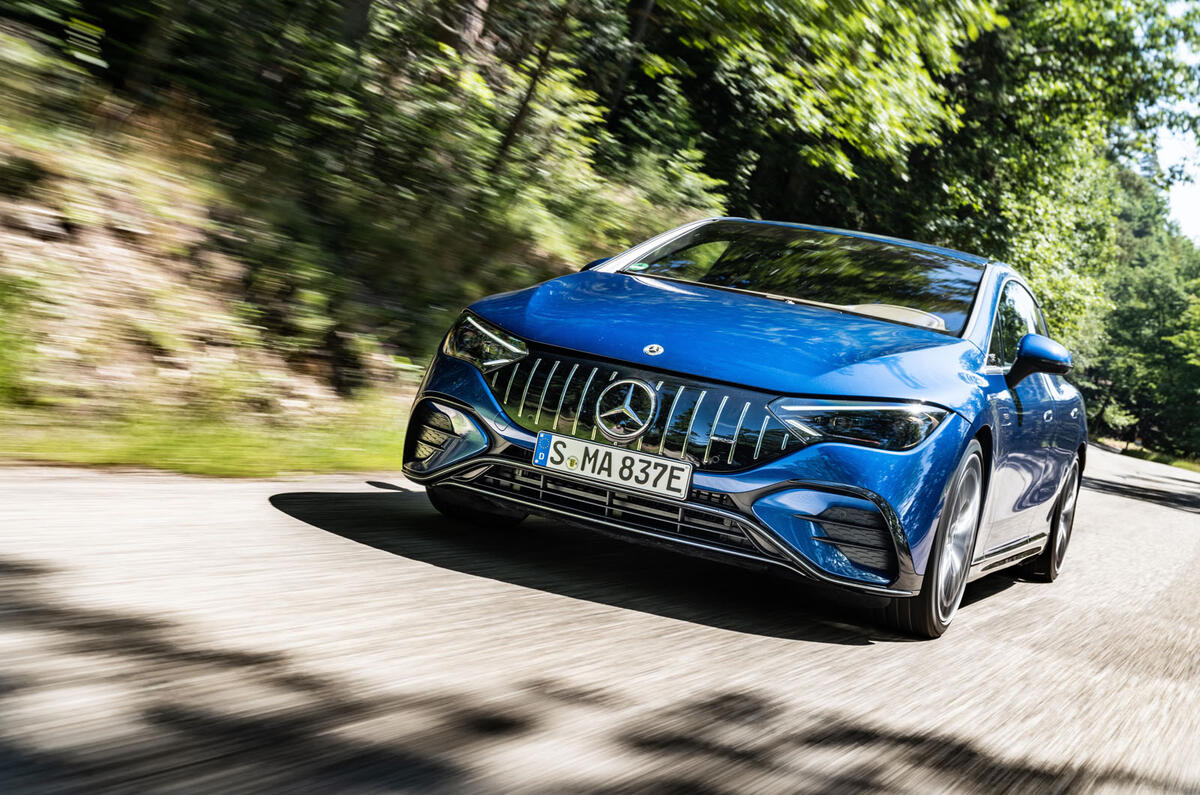Mercedes' agency model was introduced at the request of retailers in response to weak new car profit margins, according to the German brand's UK CEO, Gary Savage.
Before the pandemic, when sales volumes were forced by factories pumping out cars, Mercedes-Benz, in common with almost all manufacturers, chased sales volumes.




Add your comment